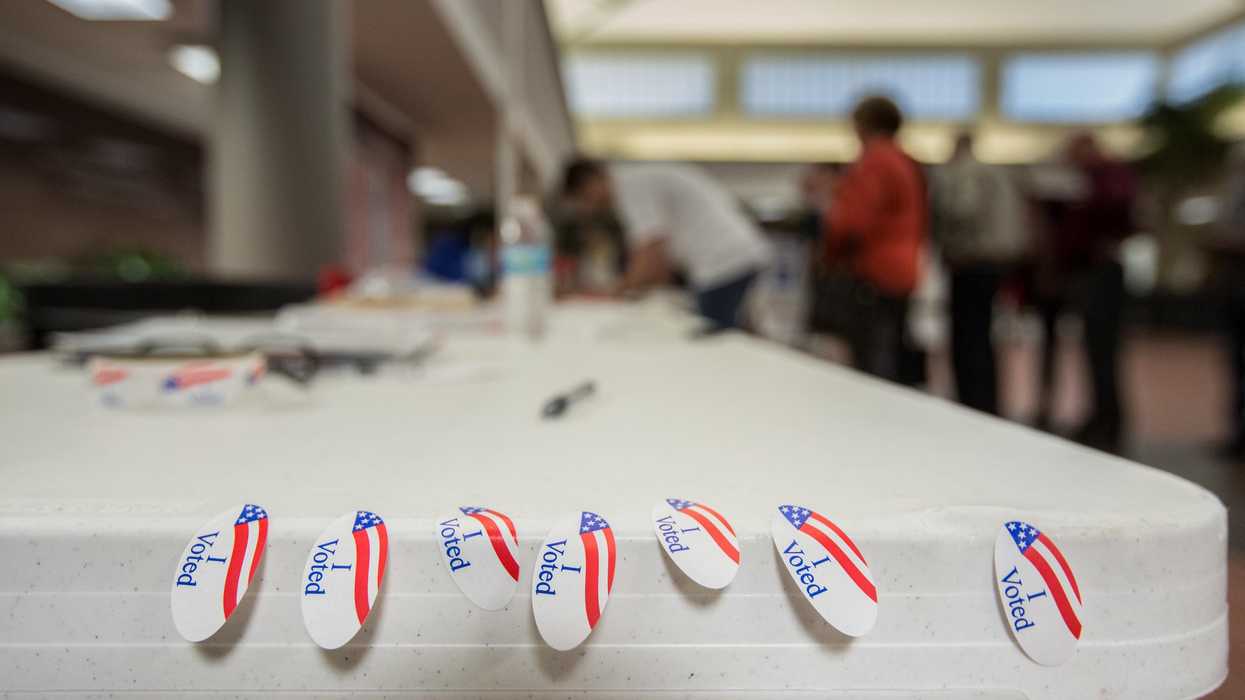Democrats keep pointing fingers for reasons they lost last November. Robert F. Kennedy Jr.’s new role leading the Department of Health and Human Services underscores an important factor deserving more attention: Democrats spent millions trying to bully Kennedy, Jill Stein, and other insurgents off the ballot rather than respect their supporters. They treated it as a strategic masterstroke, but their anti-democratic bet was a miscalculation.
In a change election resulting in the closest popular vote since 2000, hypocrisy was a fatal sin. Democrats would have benefited from embracing competition and building a bigger tent of their own, not fighting against voter choice. It was not enough to stand up for the rule of law and protection of voting rights. To build a majority in today’s America, one must embrace voter choice.
Polling indicates that by August, Kennedy had become more of a "spoiler" for Donald Trump than Kamala Harris. The fact that Stein’s liberal Green Party voters also may have broken toward Trump underscores the impact of Republicans’ different approach. They expanded their tent to include Kennedy and new Director of National Intelligence Tulsi Gabbard. Trump risked boos at the Libertarian Party convention, but it paid off in November—Libertarian presidential nominee Chase Oliver’s 0.4% vote share was the lowest in a generation.
Democrats had opportunities to show their respect for voters and dissident voices. When Kennedy, Dean Phillips, and Marianne Williamson challenged Biden for the Democratic nomination, they could have required primary debates rather than simply close ranks behind Biden's Rose Garden strategy and shame Dean Phillips out of Congress.
After abandoning the Democratic primary, Kennedy had the highest poll numbers of any independent since Ross Perot, yet Democrats treated him only as a threat to neutralize rather than a weakness to address. Their war room converted its tactics against a prospective No Labels candidate to blocking Kennedy.
Democrats made certain Kennedy be kept from the first presidential debate stage despite double-digit poll support. They attacked Kennedy’s ballot access across the battleground states, sought to prevent an independent super PAC from helping him collect signatures, and sued to keep him off the ballot in deep-blue New York.
Such hardball tactics “worked” in that Kennedy’s polling collapsed. But most of Kennedy’s voters never returned home. While Harris wouldn’t even meet with Kennedy, Trump won his endorsement. That embrace, just a day after the Democratic convention, may have negated Harris’s bounce heading into a dead-heat election—where a shift of as few as 115,000 voters would have given Harris the presidency.
Kennedy is not the only independent who Democrats tried to sue and shame into oblivion. In Michigan and Wisconsin, among other states, Democrats ran negative ads that suggested a vote for Jill Stein was a vote for Trump and that she was a “ puppet ” of Vladimir Putin. In Michigan, where Stein campaigned to significant numbers of Arab-American voters opposed to Biden’s Middle East policies, Democrats acted as if those voters would not turn to Trump. But many did.
Imagine if Democrats had embraced competition instead of stifling it. They didn’t need to embrace Kennedy’s views on vaccines, or Stein’s most left-wing stances, but instead highlight common ground on the environment, minimum wage, and healthier diets. Doing so would have meant treating these candidates' supporters with respect.
Looking at the math of our antiquated plurality voting system, the Democrats’ actions may seem rational. They feared Trump winning states with less than half the vote and assumed that reducing votes for Kennedy and Stein would mean more for Harris. But that strategy backfired, spectacularly.
Parties can show they respect voters through widespread adoption of pro-voter choice changes like ranked choice voting, open primaries, fusion voting, and proportional representation. Maine and Alaska already use ranked choice voting for presidential elections, and expect more enactments once its ballot counting is fast, transparent, and auditable. Rather than attack minor parties at every turn, major parties would need to learn to court disgruntled voters to build an electoral majority.
It turns out those voters in 2024 made their voices heard anyway. And the candidate who made the effort to include them is now the president of the United States.
Rob RIchie is the president of Expand Democracy and a FairVote co-founder and senior advisor.




















